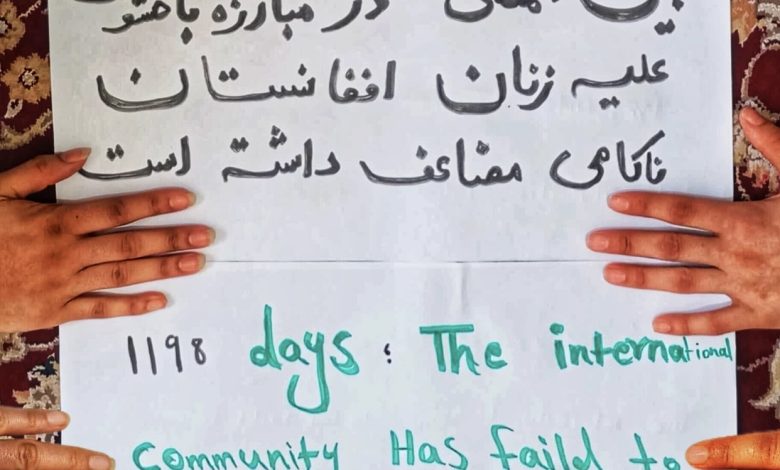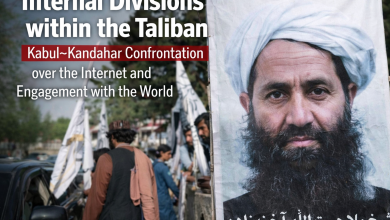1,198 Days of Darkness: The International Community's Double Failure in Combatting Violence Against Women in Afghanistan (Report by Ahmad Soheil Parto)
AfgNews24 Afghan news24

1,198 Days of Darkness: The International Community’s Double Failure in Combatting Violence Against Women in Afghanistan
(Report by Ahmad Soheil Parto)
Over the past three years, the Taliban has transformed Afghanistan into a hellish landscape of systemic oppression and structural violence against women and girls. Through an organized social purge and the de facto criminalization of women’s gender, the Taliban has confined women to a state of forced house arrest. Their implementation of gender apartheid and unprecedented discriminatory systems exemplifies the ongoing tragedy of women’s rights in Afghanistan.
These harsh measures have led to alarming increases in mental health crises, child and forced marriages, suicides, domestic violence, and sexual assaults committed by Taliban fighters against Afghanistani women. Yet, despite 1,198 days of unrelenting oppression, the international community—particularly the United Nations and its mission in Afghanistan (UNAMA)—has failed to take serious and effective measures to counter these crimes against humanity. On the contrary, the systematic reduction of sanctions and pressures against the Taliban, under the guise of engagement with the de facto regime, highlights the international community’s moral collapse and abdication of collective responsibility.
This contradictory behavior has left Afghanistan women more vulnerable, extinguishing street protests and silencing even the faintest voices of dissent within the confines of their homes.
As we observe the International Day for the Elimination of Violence Against Women, thousands remain imprisoned in Taliban detention centers, subjected to inhumane torture. The reopening of Bagram Prison threatens to become the largest site of political persecution and likely a center for brutal acts against protesting women.
Normalizing relations with the terrorist Taliban regime and failing to hold them accountable is a grave miscalculation in international diplomacy. This approach not only undermines fundamental human rights but also risks exacerbating gender-based violence, institutionalized apartheid, and extremism, with far-reaching consequences for regional and global stability.
What the Taliban has been executing against women and girls in Afghanistan is not merely a set of social prohibitions but rather a systematic and serious crime against humanity. It constitutes a flagrant violation of international law and fundamental human rights that demands immediate action, including the issuance of arrest warrants for Taliban leaders by the International Criminal Court (ICC). Despite repeated calls from human rights activists, women’s advocacy groups, and protest movements—especially those operating inside Afghanistan—no significant steps have been taken to prosecute Taliban leaders.
The international community, particularly the United Nations General Assembly, which established the International Day for the Elimination of Violence Against Women, has consistently failed to seize opportunities to counteract the Taliban’s atrocities over the past three years. This demonstrates not only a profound failure to act but also an amplified failure in their responsibility to uphold women’s rights.
We condemn the international community’s lack of decisive and sincere commitment to combating violence against women in Afghanistan. We demand immediate and concrete action to ensure accountability for the Taliban’s crimes. Granting implicit legitimacy to such a regime violates human and legal standards and is utterly unacceptable. We call on the international community and the United Nations to:
Cease granting implicit legitimacy to the Taliban by barring them from international platforms and events.
Support an alternative to the Taliban regime that upholds a democratic, decentralized, and legitimate governance structure.
Report by Ahmad Soheil Parto




